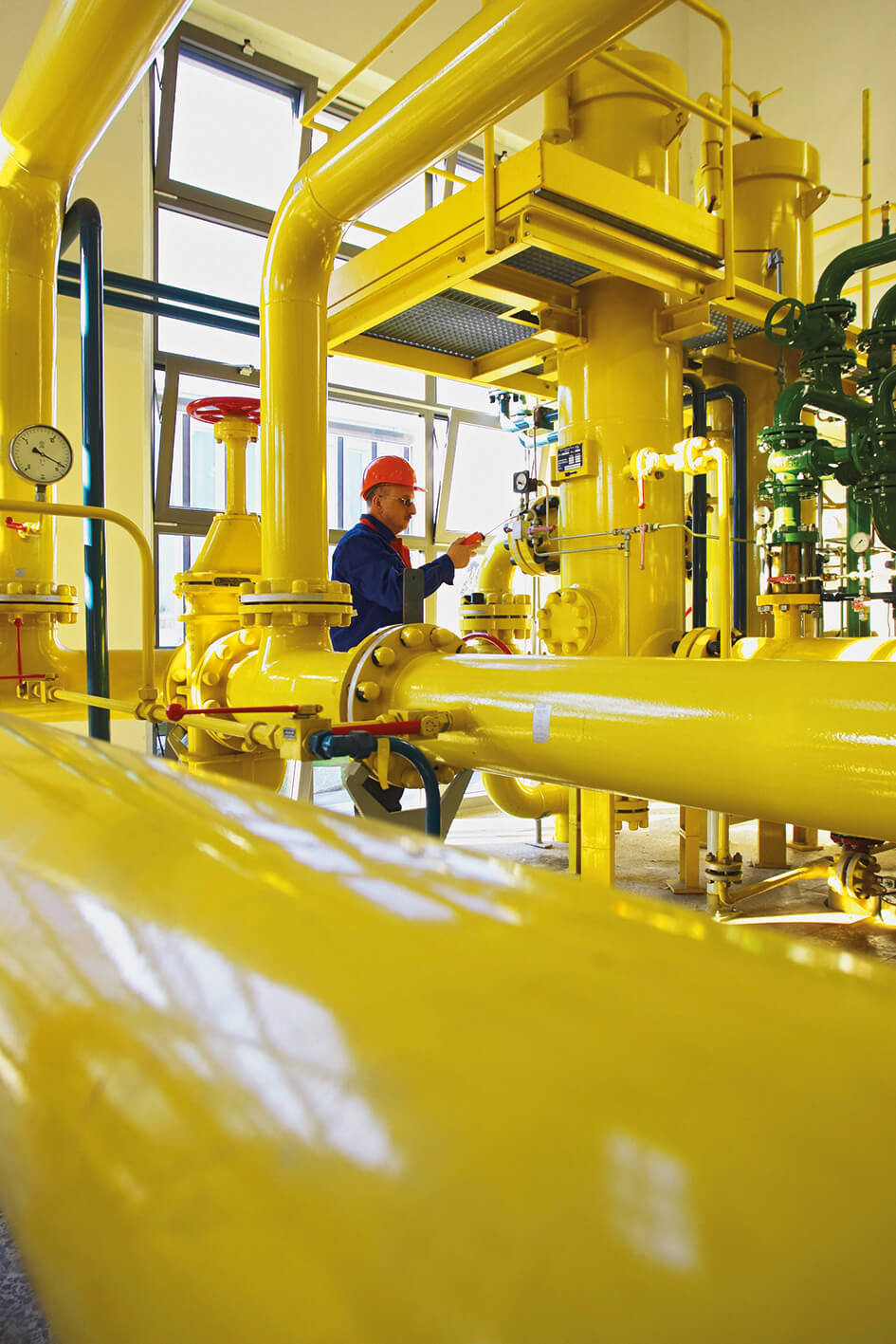| Duration: | December 2013 - December 2017 |
| Contracting Authority / Sponsors: | Ministry of the Environment, Climate Protection and the Energy Sector Baden-Württemberg, through the project sponsor established at the Karlsruher Institute for Technology KIT |
| Project Partners: | Badenova AG & Co. KG, Hochschule Offenburg |
Energy Network Freiburg – Demonstration Service of an Electrolysis System in the North Industrial Area Aimed at Integrating the Electricity Grid and the Gas Network and the Storage of Renewable Energies

Power-to-Gas as an energy storage form and a prerequisite or supportive measure for the energy transformation is currently being discussed intensively by scientific circles and society at large. However, in order to build corresponding systems on a larger scale than purely demonstration projects, their eco- nomic viability and integration into the relevant networks are crucial. In the “Kommunaler Energieverbund” project (communal energy network), experts in Power-to-Gas and energy management and networks from Fraunhofer ISE are cooperating with the University of Applied Sciences in Offenburg to develop operation management algorithms for Power-to-Gas systems that are integrated into electricity grids and gas networks. The goal is to achieve economic and energy-relevant viability of Power-to-Gas systems in the communal context.
Within the ”Kommunaler Energieverbund“ project, a control algorithm is being prepared for the electrolysis system as a core component in a Power-to-Gas system. The algorithm will allow different business models for controlling such systems to be evaluated and lead to optimized operation of the systems. They are to be controlled under the boundary conditions applying to a communal energy network. In addition to the local electricity grids, heating and gas networks will be taken into account if appropriate. The algorithm will be developed and tested in a simulation framework that is to be created for this task and will allow different scenarios and boundary conditions to be investigated.
In addition, the construction of a Power-to-Gas demonstration system in North Freiburg will be examined as part of the project, and implemented if it is authorized. With it, feeding hydrogen into the communal distribution network could be demonstrated, the algorithms validated and project results checked.
In cooperation with the University of Applied Sciences in Offenburg, operating algorithms will be generated as components for a communal energy utility and an industrial enterprise, with their different boundary conditions and dimensions. Comparison of these results will provide further information on applying Power-to-Gas on a communal scale.